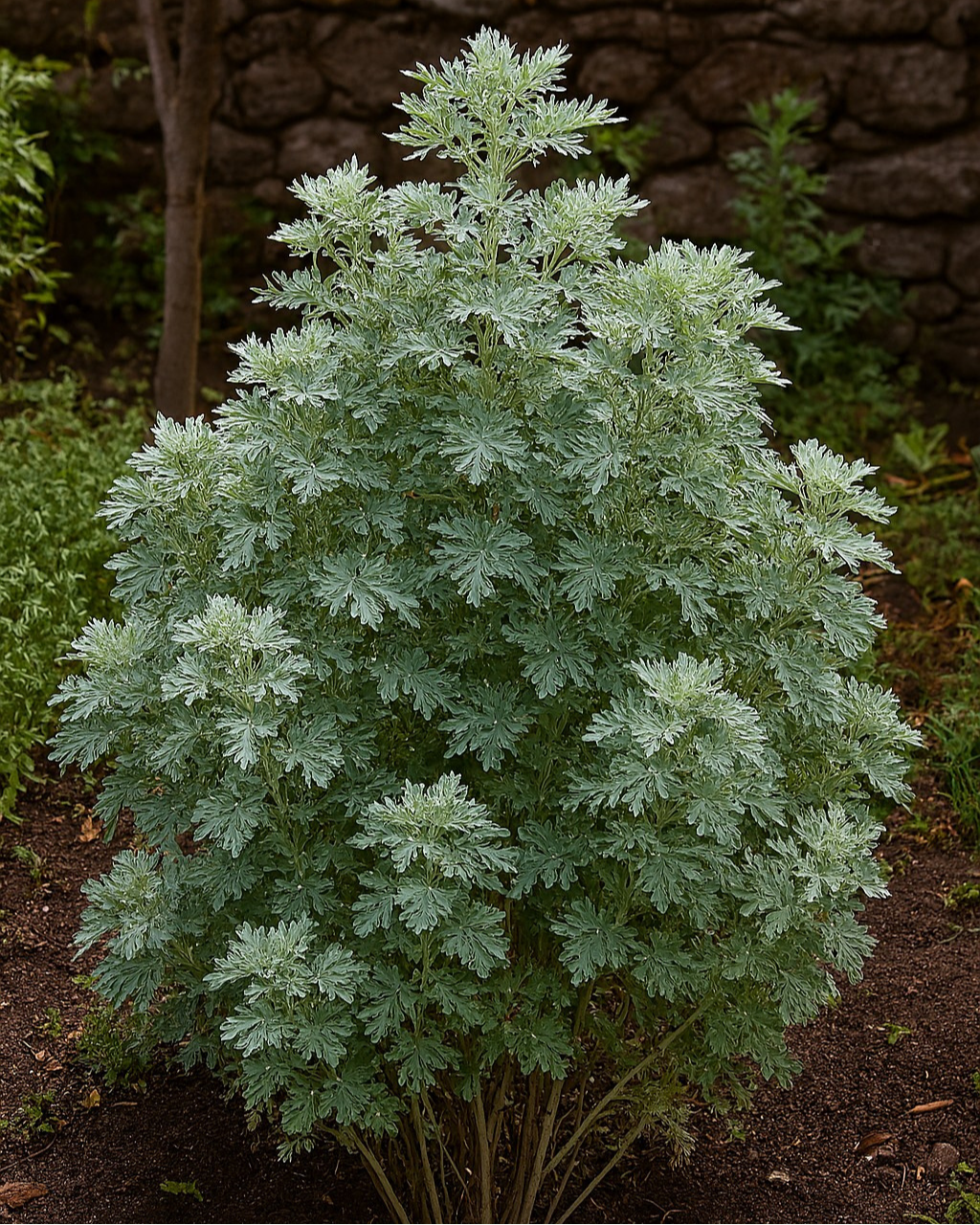What Is Wormwood?
Wormwood is a silvery-green plant from the daisy family, prized for its intense bitterness and distinctive scent. In ancient times, it was recommended by Hippocrates to treat a range of ailments. In medieval Europe, it was commonly brewed into herbal teas to ease digestive issues and stimulate appetite.
Today, wormwood is still valued in herbal medicine, especially for its digestive, antimicrobial, and anti-inflammatory effects. However, it also contains thujone, a compound that can be harmful in high doses—so knowing how to use it responsibly is key.
Key Health Benefits of Wormwood

- Supports Digestion
Wormwood tea is often used to relieve bloating, indigestion, and loss of appetite. It works by stimulating the production of bile and digestive enzymes, helping your gut do its job more effectively. - Natural Antiparasitic Properties
Traditionally, wormwood was used to eliminate intestinal parasites. Modern research supports its potential as a natural remedy for certain parasitic infections, making it a possible alternative to synthetic treatments. - Pain Relief
Wormwood contains compounds with mild analgesic (pain-relieving) effects, which may help reduce headaches, menstrual cramps, and minor muscle aches. - Hormonal Balance
Some women find that drinking wormwood tea can help regulate menstrual cycles and ease premenstrual symptoms—though more research is needed to fully confirm these effects. - Antioxidant Activity
Wormwood is rich in flavonoids and terpenes—natural compounds that help fight inflammation and protect your cells from oxidative stress.
Nutritional Highlights

What Is Wormwood?
Wormwood is a silvery-green plant from the daisy family, prized for its intense bitterness and distinctive scent. In ancient times, it was recommended by Hippocrates to treat a range of ailments. In medieval Europe, it was commonly brewed into herbal teas to ease digestive issues and stimulate appetite.
Today, wormwood is still valued in herbal medicine, especially for its digestive, antimicrobial, and anti-inflammatory effects. However, it also contains thujone, a compound that can be harmful in high doses—so knowing how to use it responsibly is key.
Key Health Benefits of Wormwood

- Supports Digestion
Wormwood tea is often used to relieve bloating, indigestion, and loss of appetite. It works by stimulating the production of bile and digestive enzymes, helping your gut do its job more effectively. - Natural Antiparasitic Properties
Traditionally, wormwood was used to eliminate intestinal parasites. Modern research supports its potential as a natural remedy for certain parasitic infections, making it a possible alternative to synthetic treatments. - Pain Relief
Wormwood contains compounds with mild analgesic (pain-relieving) effects, which may help reduce headaches, menstrual cramps, and minor muscle aches. - Hormonal Balance
Some women find that drinking wormwood tea can help regulate menstrual cycles and ease premenstrual symptoms—though more research is needed to fully confirm these effects. - Antioxidant Activity
Wormwood is rich in flavonoids and terpenes—natural compounds that help fight inflammation and protect your cells from oxidative stress.
Nutritional Highlights


